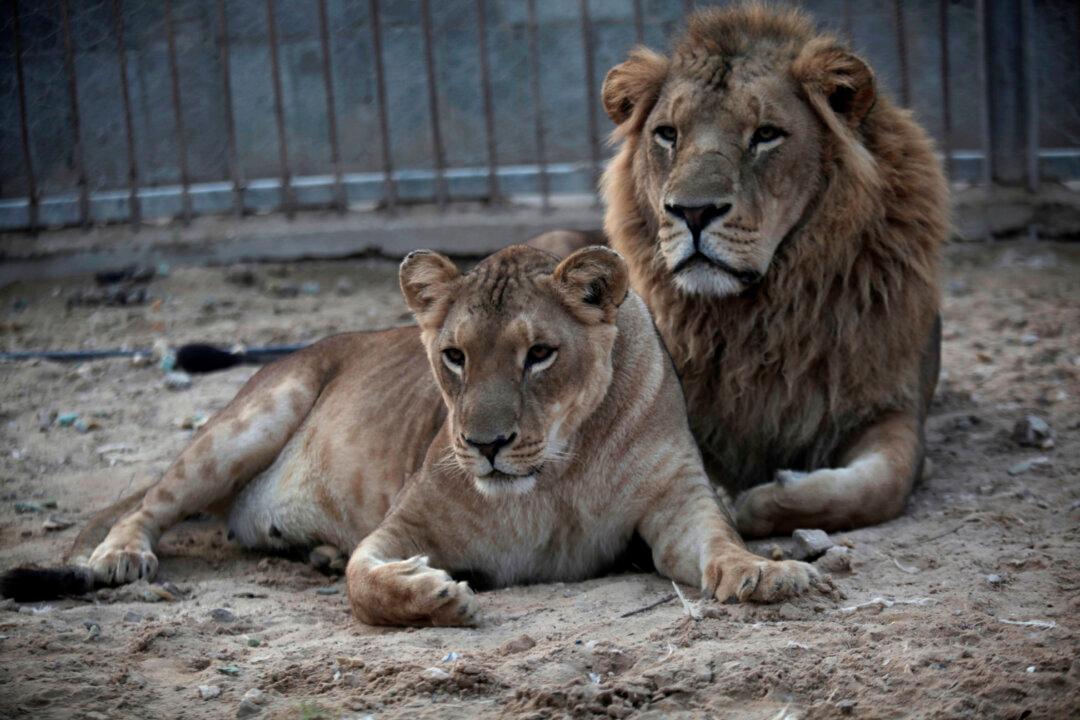Weeks after the first tiger at Bronx Zoo tested positive for the CCP (Chinese Communist Party) virus, four more tigers and three lions have also tested positive, Bronx Zoo announced on April 22.
The first wild animal to be infected was a 4-year-old female Malayan tiger, who tested positive on April 5.





